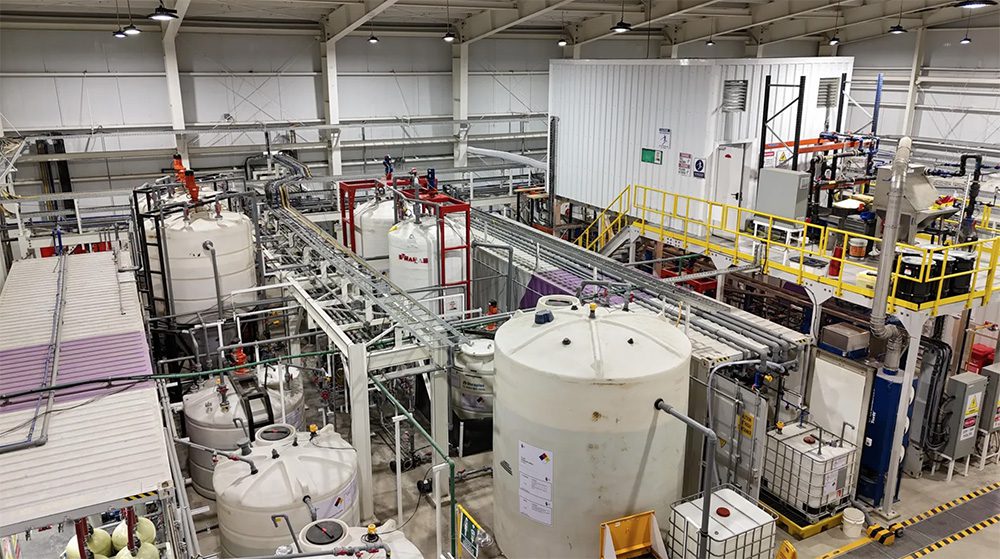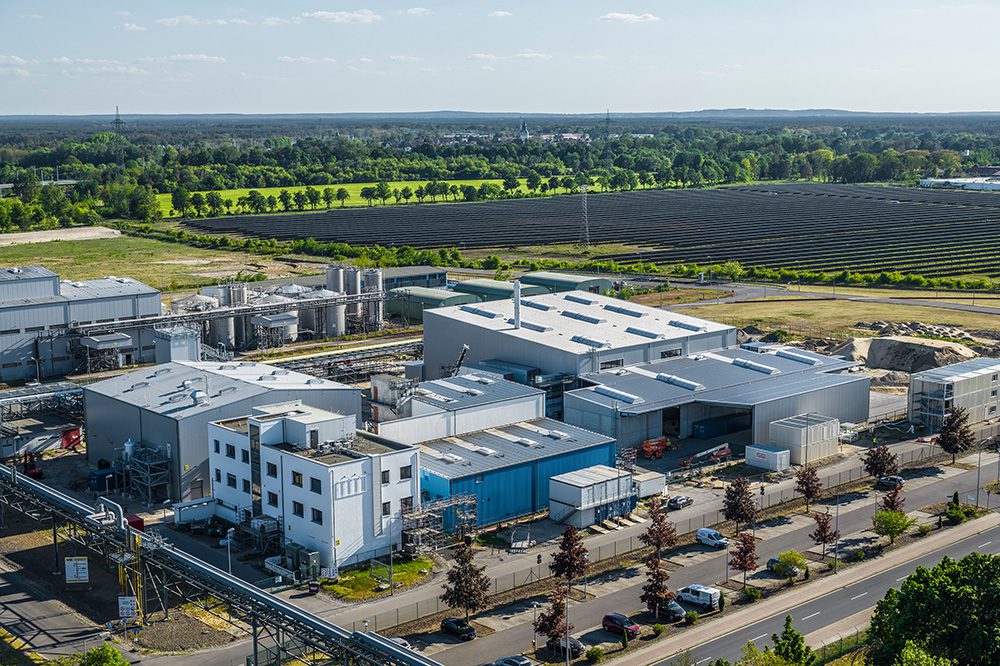When Charged spoke with execs from aspiring battery manufacturer Britishvolt back in May of 2022, we were impressed by the company’s big ambitions and innovative ideas. We were very disappointed to hear of its recent demise, but not unduly surprised. As is typically the case in nascent industries, the attrition rate among EV-related companies is high. However, some see the fall of Britishvolt as an ominous sign for the future of the UK’s struggling auto industry.
From the beginning, Britishvolt was partially supported by UK government funding, and many observers believe that the proximate cause of its demise was that the pols turned off the spigot. As James Morris writes in a recent Forbes article, “Whatever the problems Britishvolt has been experiencing, the fact that it has been allowed to fail draws a huge question mark about the UK’s prospects for competing as a global economy in the shift towards green technology.”
In January, after struggling with cash-flow problems for some months, a last-ditch effort to shore up the company’s finances failed. The UK government had pledged to provide £100 million in funding, and Britishvolt asked for £30 million of that to be released early in order to restore solvency. The government refused, and the deal fell apart.


To put that number into perspective, Morris notes that the UK government recently pledged £300 million each to bail out British Steel and Tata Steel. Zooming out to the wider world, we observe that the US government plans to subsidize clean tech industries to the tune of $369 billion over the next ten years, and that the EU’s Green Deal Industrial Plan calls for up to €250 billion in subsidies (some auto industry execs are asking for much more, and they’ll probably get it). It may also be considered relevant to note that the Big Five oil companies reported a collective $195 billion in profits in 2022.
Britain’s auto industry has been on life support for many years. Its most famous auto brands migrated to other countries long ago. The country’s current pride is the Nissan plant in Sunderland, but pundits have been making dire predictions about its future ever since Brexit, and (along with counterparts on the continent) Nissan is angling for government subsidies to help it make the transition to EVs.
Mr. Morris is not the only one sounding the alarm. Former Aston Martin CEO Andy Palmer called the abandonment of Britishvolt “an unmitigated disaster for the auto industry in the UK,” and added that “ultimately, British car manufacturing will migrate to where the battery factories are, which is going to be in Central Europe.” The Guardian placed the blame squarely on a government that slavishly adheres to a rigid free market ideology: “An essential pillar of Conservative party thinking has resulted in the collapse of Britishvolt, the…hoped-for saviour of the UK car industry.”
There is still a possibility of salvation for the saviour. One of Britishvolt’s strengths was its insightful site selection—the putative gigafactory site near Blyth, just north of Newcastle, features excellent transportation links, and a 200 MW solar farm lies nearby. Britishvolt’s administrators just selected Australia’s Recharge Industries as the preferred bidder to buy the remnants of the company, and founder David Collard said his team “can’t wait to get started making a reality of our plans to build the UK’s first gigafactory.”
Sources: Forbes, Automotive News Europe, The Guardian, Reuters



















































































